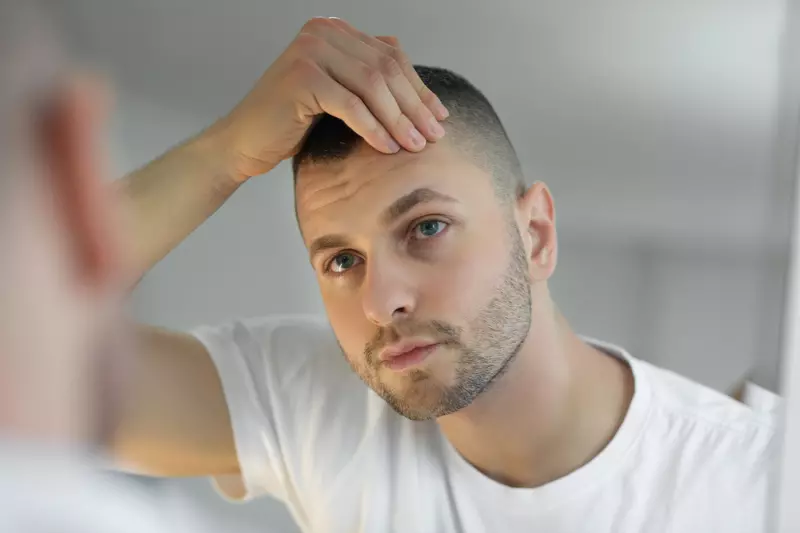- AdventHealth

Choose the health content that’s right for you, and get it delivered right in your inbox.
Many of us have a personal care routine when it comes to our skin and hair. But how often do we think of our scalp health?
According to the American Academy of Dermatology Association, you should. In fact, 100,000 hair follicles are depending on it. For hair to grow, your scalp needs to be clean, and your hair follicles clear of naturally occurring oil, dead skin, dandruff or product build-up. So plainly speaking, just as a garden needs good, rich soil to produce vibrant plants, your hair needs a healthy scalp to grow thick, strong, shiny hair.
What a Healthy Scalp Looks Like
A healthy scalp is characterized by the following traits:
- Balanced oil production
- Clean, hydrated skin
- Good blood circulation
A healthy scalp is also free of the following:
- Acne
- Bumps
- Excessive hair loss
- Flakiness
- Inflammation
- Irritation
- Itchiness
- Redness
- Sun damage
Scalp conditions or issues such as dandruff, seborrheic dermatitis (condition that causes dandruff and scaly patches), atopic dermatitis (eczema) or psoriasis (autoimmune condition) have been linked to rough textured, dull hair and hair breakage. And poor scalp health can also lead to hair loss if left untreated.
Scalp Care: How to Maintain a Healthy Scalp
According to the CDC, maintaining a healthy scalp is all about keeping it clean and safe.
Good scalp and hair hygiene includes:
- Massaging your scalp weekly with a scalp mask or cream-based exfoliator to reduce product buildup
- Using a conditioner suitable to your hair and scalp type (sensitive, dry, oily, combination)
- Using a gentle, sulfate-free shampoo (and apply it to your scalp first)
- Using a heat-protectant spray or serum if you use hot tools to style your hair
- Washing your hair 2 to 3 times per week, depending on your scalp type
Keeping your scalp protected includes:
- Applying SPF 30+ sunscreen to the part in your hair and other exposed areas on your head, especially bald spots
- Getting your annual skin cancer screening
- Wearing a cap or other head covering to reduce sun exposure
And don’t underestimate the power of a healthy diet, either. Foods (or supplements) rich in omega-3s and antioxidants can have a positive impact on your scalp health, as well as your overall health.
The Benefits of Scalp Massage
There is little evidence to prove that massaging your scalp can stimulate hair growth or improve scalp conditions, but it’s not going to harm you — and it feels great! Because your scalp is covered in nerve endings, it’s super sensitive. Massaging or rubbing your scalp can release tension and lower your stress level, which is always a good thing.
Where to Go if You Have an Unhealthy Scalp
If you notice any itching, redness, flaking, pain, hair loss or any change in your scalp’s normal appearance, it may be time to see a specialist. A full evaluation will help determine if there’s an underlying health condition such as eczema or psoriasis contributing to your scalp health, or if you just simply need to change up your regimen.
If you need help, schedule an appointment with an AdventHealth dermatologist and start your journey to a healthier scalp today.


